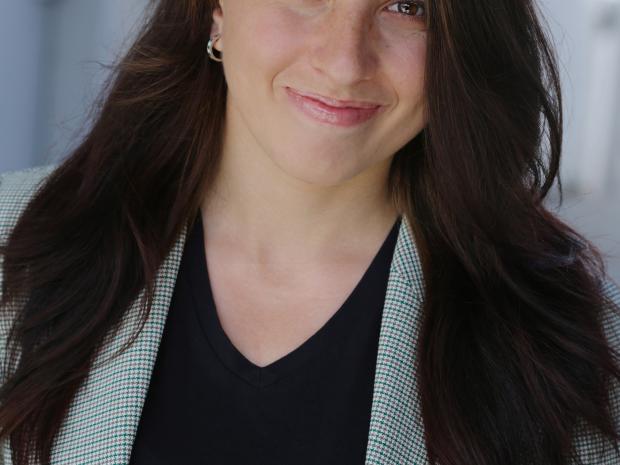Exploring Water Management in Polymer Electrolyte Fuel Cells Through X-ray Computed Tomography and Modeling

Mechanical and Aerospace Engineering Department Seminar Series
Iryna V. Zenyuk
Assistant Professor
Mechanical Engineering Department
Tufts University
Effective liquid-water management is essential for polymer-electrolyte fuel cells (PEFCs) and other types of low-temperature fuel cells. At lower operating temperatures and during start-up, there is a need to remove liquid water from the cathode electrode to ensure reactant delivery to the catalyst sites. At higher operating temperatures, large thermal gradients in the system promote water removal in a vapor phase. To achieve maximum water permeation, it is necessary to understand an interplay between pressure and phase-change induced flow in porous gas-diffusion layers (GDLs). These highly-porous materials have an effective conductivity that depends on the liquid water content adding complexity to heat and mass transport. Two-phase transport inside the GDLs is complex and requires detailed knowledge of a given GDLs’ morphology and transport properties.
Continuum models use a volume-averaged approach to model liquid-water transport. This strategy is suitable for higher operating temperatures and homogeneous GDL morphologies. However, the optimal GDLs demonstrate a significant amount of inhomogeneity. To handle this complexity, pore-network models (PNMs) are utilized. While PNMs models capture the water transport through the GDL, they do not contain suitable descriptions of the other layers, complex nonlinear transport, and electrochemical phenomena. Here, we combine the twomodels in an iterative scheme integrating continuum and PN models to describe the multiphase and multiscale water transport properly.
In this talk, we will elucidate the GDL’s morphological properties using synchrotron-based X-ray micro- and nano- computed tomography (XCT) and study in-situ water-distributions for different materials. The XCT studies are complemented with two-dimensional continuum and PN modeling studies to gain an understanding of liquid-water transport under in-operando conditions.
Biosketch
Professor Iryna Zenyuk holds a B.S. (2008) in mechanical engineering from the NYU Polytechnic School of Engineering. She continued her studies at Carnegie Mellon University, where she earned M.S. (2011) and Ph.D. (2013). After a postdoctoral fellowship at Lawrence Berkeley National Laboratory, Prof. Zenyuk joined the faculty of the Mechanical Engineering Department at Tufts University in 2015.
At Tufts, Prof. Zenyuk is the director of SEELab (Sustainable Electrochemical Energy Lab). Prof. Zenyuk’s group works on enabling energy solutions by researching high power-density low-temperature hydrogen fuel-cells and biologically-compatible enzymatic fuel cells.

